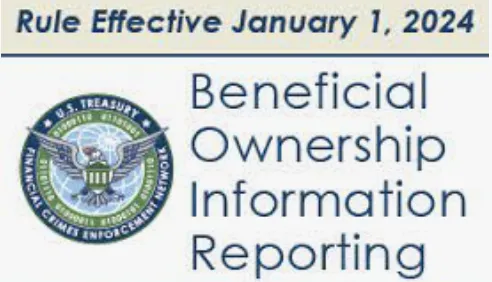If you’ve found yourself so caught up in business priorities that you’ve missed the April 15th tax deadline, failing to file, you’re not alone.
This scenario is more common than you might think. So what happens if you find yourself failing to file your taxes? Is the IRS going to flood your mailbox with notifications and threats? The short answer is no. You have the opportunity to file for an extension and the consequences aren’t enormous—if you act fast.
Failure to File Penalty
The longer answer is while the consequences aren’t large and looming, there are late fines to be aware of where failing to file is concerned. If you didn’t file a return by the due date (including extensions of time to file), you may have to pay the failure-to-file penalty. However, you’re not subject to do so if you can demonstrate reasonable cause for failing to file on time.
The penalty is 5% of your unpaid taxes for each month your tax return is late, up to 25%. If you file your return more than 60 days after the due date (or the extended due date), the minimum penalty is $135 or 100% of the unpaid tax, whichever is smaller.
Failure to Pay Penalty
Tax not paid in full by the original due date of the return, regardless of extensions of time to file, may also result in the failure-to-pay penalty, unless you have reasonable cause for your failure to pay timely. This is generally 0.5% per month of your unpaid taxes. It applies for each month your taxes remain unpaid, starting with the due tax liabilities. This can cost you up to 25%.
On top of the fees incurred from failure-to-pay, interest is charged on taxes not paid by the due date, even if you have an extension of time to file, and is also charged on penalties. There’s no penalty for failure-to-file if you’re due a refund. However, you risk losing a refund altogether if you file a return or otherwise claim a refund after three years of its due date.
It may take the IRS time to match your income and tax return, but they will eventually. Once the IRS determines you should have filed a return and you didn’t, you’ll receive a penalty notification.
If you failed to submit your tax return, the IRS creates a tax return for you and assumes all of your income. They may not include any of the tax credits and tax deductions that you are eligible for. This can result in paying more in taxes than you would have originally paid.
The bottom line on failing to file?
- File as soon as you can. Don’t risk failing to file and get your filing done early. This will help minimize the interest and penalty charges.
- Pay as much as you can. If you can’t pay all at once, try to pay as much as you can when you file. This will keep further penalties and interest from accruing.
- Make a payment agreement online. If you need more time to pay your taxes, you can apply for a payment plan with the IRS.
Can Cleer help me file my taxes on time?
Absolutely! At Cleer Tax, we are dedicated to meeting the unique needs of your business. Our team provides comprehensive tax advisory services tailored to your specific requirements, addressing every aspect of compliance and optimization to help you minimize tax liability and maximize benefits – this means avoiding any situation wherein failing to file occurs, and penalties are imposed.
We offer Corporate Income Tax Packages that include both federal and state income tax filings, ensuring a hassle-free experience. Additionally, our all-in-one monthly accounting packages cover your monthly statements as well as your federal and state tax returns.
If you need assistance with meeting your tax obligations and staying compliant, schedule a consultation to discuss further.
If you have further questions or need assistance, feel free to contact us.






